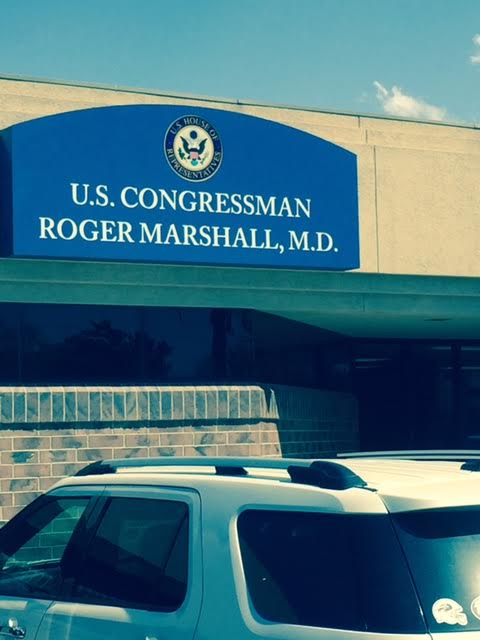Marshall Requests Removal of Payment Limits for Livestock, Dairy Industry

Today, Congressman Roger Marshall, M.D. helped lead a letter signed by 126 Members of the House of Representatives asking President Trump and the administration to eliminate payment limits for livestock, dairy and specialty crop producers before the final Coronavirus Food Assistance Program (CFAP) details are announced.
“Kansas farmers and ranchers have suffered years of low commodity prices, tight or non-existent profit margins and unsettling market conditions,” said Rep. Marshall. “The impact of COVID-19 has only made a bad situation worse, leaving many farm and ranch families questioning their ability to remain viable for the next generation. Rural America needs the support of President Trump now more than ever before.”
Lifting the payment caps is an important and necessary step to ensuring the future of our state’s livestock and dairy industries. While some farmers and ranchers produce multiple commodities, many cattle, pork and dairy operations are solely invested in livestock.
Beef and pork producers were the first to see the impacts of COVID-19 when demand in southwest Asia declined and markets lost more than 25 percent of their value. The impacts have only worsened as COVID-19 cripples American markets and disrupts supply chains. The beef industry has already lost an estimated $13 billion with dairy and pork seeing an additional $5 billion in losses so far. All livestock owners are suffering insurmountable loses at this time, and the ripple effects of these losses will be devastating to agriculture lenders and the Kansas economy.
“We are optimistic Secretary Perdue and the Administration will work to provide payment limitation flexibility within CFAP to allow our farmers and ranchers to access the assistance they desperately need,” said Rep. Marshall. “We must continue to do everything we can to keep our producers in business to ensure we continue to have the safest, most affordable, and highest quality food in the world.”
Click HERE to see a copy of the letter.









